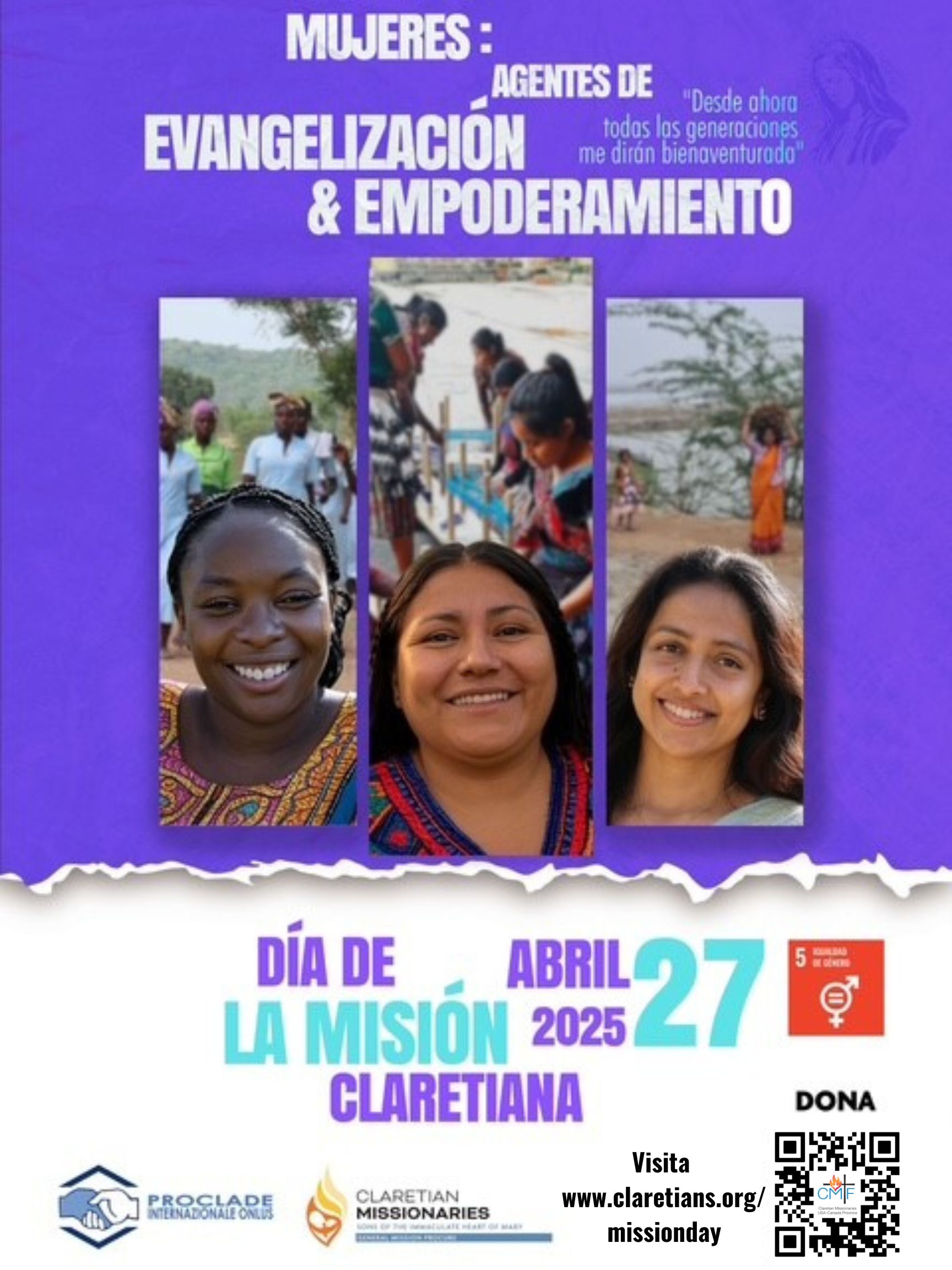I am completely exhausted by all the nonsense swirling in the interwebs about (lesbian? Buddhist? activist?) Barbara Johnson, who was denied communion and made to suffer other indignities (the priest, Marcel Guarnizo, leaving the sanctuary while she eulogized her mother) because she is a lesbian with a partner.
Bloggers have blathered on about how the priest was somehow right in denying her communion because, alternatively, she is a Buddhist (she said so in an academic paper!) or she is a lesbian (she appeared at her mother's funeral with her partner!). Every single one of them–without a shred of knowledge about what they are talking about apparently, including normally even-keeled Rod Dreher–have invoked canon 915 as justification. Well, brothers and sisters, here is the canon, and here is how it is supposed to be read according to canon 17 (law should be understood according to the proper meaning of the word in context) and canon 18 (laws that impose a penalty are subject to strict, that is narrow, interpretation).
Canon 915: Those who have been excommunicated or interdicted after the imposition or declaration of the penalty and others obstinately persevering in manifest grave sin are not to be admitted to holy communion.
1. Note the first half applies to those penalized by "imposition or declaration" of a penalty. These people are denied communion by an act of the bishop (usually), so their offense has been serious enough to draw the attention of the bishop. This means it would have to be a very big, very public deal.
2. "And others": Which others? In context, they must be doing something so bad they should have a penalty applied to them by the bishop. It's not just anyone Josephine Pewsitter thinks is bad That's what is meant by "context" in canon 17.
3. "Obstinately": To apply this penalty, the "other" has to be obstinate–that is, they must have been personally corrected by an ecclesiastical authority who has authority over them (their pastor, for example, not just any priest). If one is obstinate, this has presumably been going on for a while. We're not talking about a single sin, even a public one.
4. "Persevering": The "other" has to continue doing it anyway, after being personally corrected several times.
5. "Manifest": The sin has to be public knowledge–known to more than one person–with the presumption of scandal.
6. "Grave sin": And here's the kicker. Not only does it have to be a sin, it has to be grave, which means it must be a serious matter, and it must be grave in the conscience of the one committing it. This is a judgment of conscience, and it is likely that only the person and/or their confessor would know the gravity.
7. "Are not to be admitted to holy communion." This is an extremely serious penalty, one that, according to the principles by which the Code of Canon Law was revised after the Second Vatican Council, should be imposed through a public declaration, certainly not in the communion line.
Barbara Johnson is accused by her detractors of 1) being a Buddhist and 2) telling the priest that she was a lesbian living with another woman.
1. "She is a Buddhist." On what grounds does anyone claim this? On the grounds of an academic paper she wrote God knows when. It is absurd to presume that the contents of an academic paper reflect the status of a person's conscience at her mother's funeral. Nor is it a sin to "be a Buddhist," even for a Catholic; many Catholics admire and explore Eastern religions, and unless she made some public proclamation rejecting her Catholicism and her faith in Christ, she isn't an apostate. Using the strictest interpretation of the law, this is no grounds for denying her communion, especially since her alleged Buddhism was hardly "manifest" in the situation.
2. She is a lesbian. First, it is no sin to be a lesbian. Second, it is no sin to tell a priest you are one. (It is alleged that Johnson introduced her partner to the priest, though that is hearsay.) It is no sin to have a partner or to live with that partner. According to Catholic teaching, it is only a sin to engage in sexual relations with a member of your own gender. Unless Johnson had done that in some "manifest" way–and introducing your partner does not count–and she knew (and believed it, since we are in the realm of conscience here) to be a "grave sin," both charity and the law demand–and I do mean demand–that we resolve any doubt we have in her favor.
Nor had Johnson been obstinately persisting in a manifest grave sin (because she has never been personally corrected); besides, I doubt she believes she is committing a grave sin (which is a judgment of conscience), and even if she does, she isn't committing it in public. There is absolutely no cause for denying her communion according to a strict reading of canon 915, which is the only one permitted by the code.
This is utterly basic moral and pastoral theology folks; it was even in the manuals before Vatican II. Enough with the sloppy proof-texting from the code. Catholics don't read scripture that way, and we don't apply the law that way either. So cut it out.








